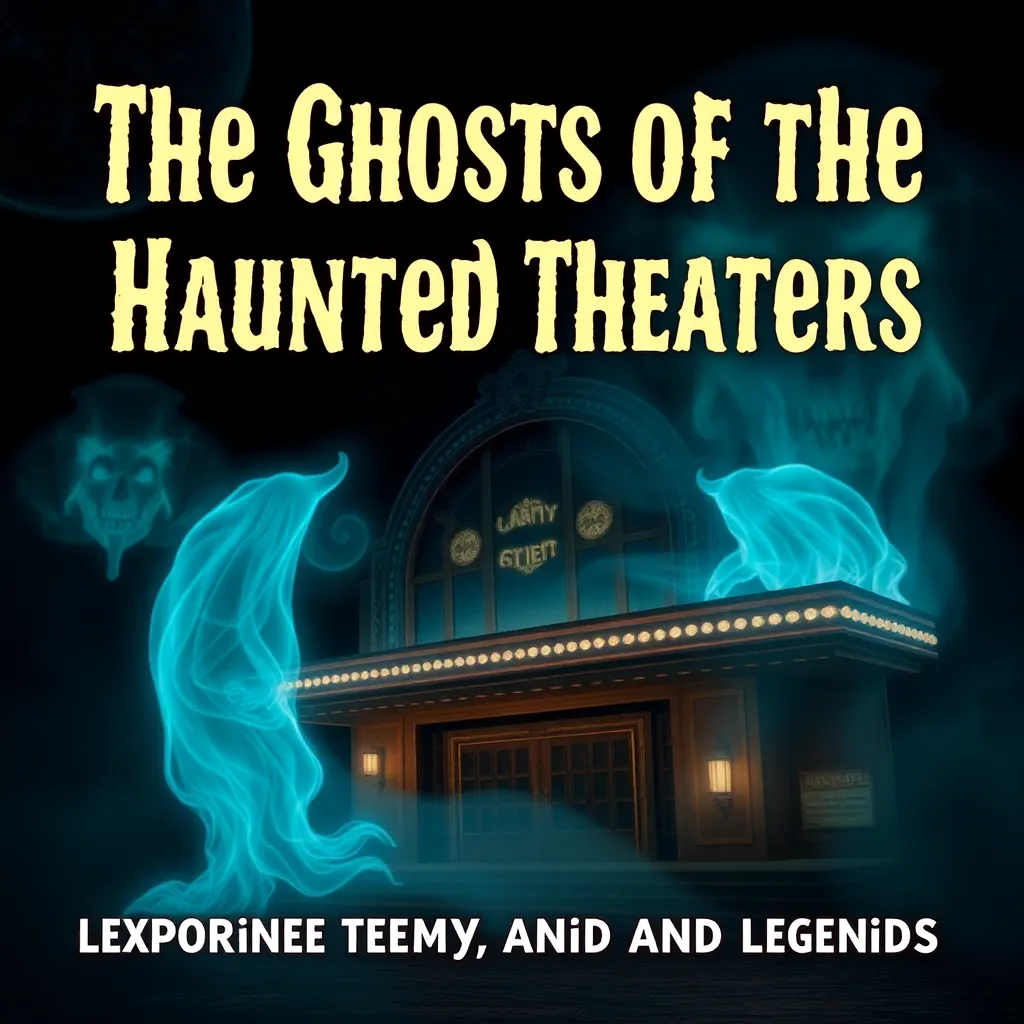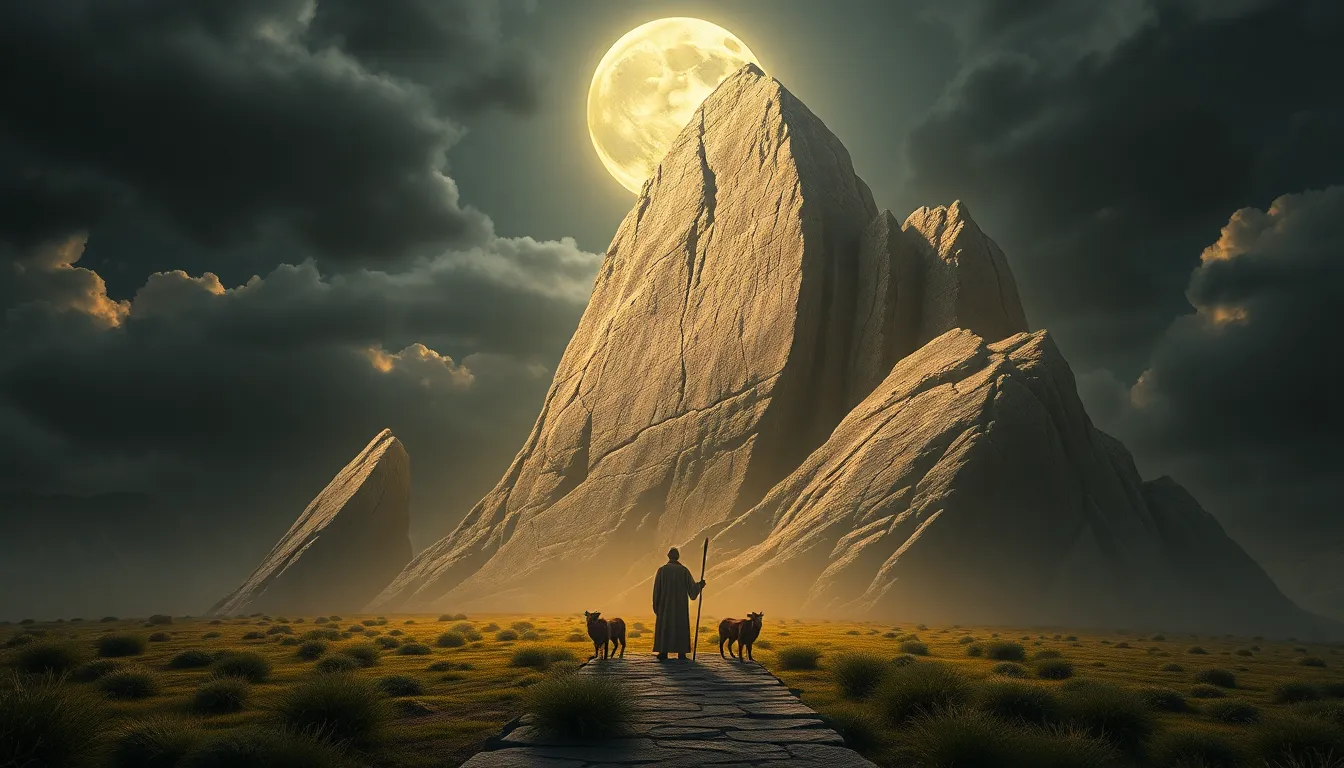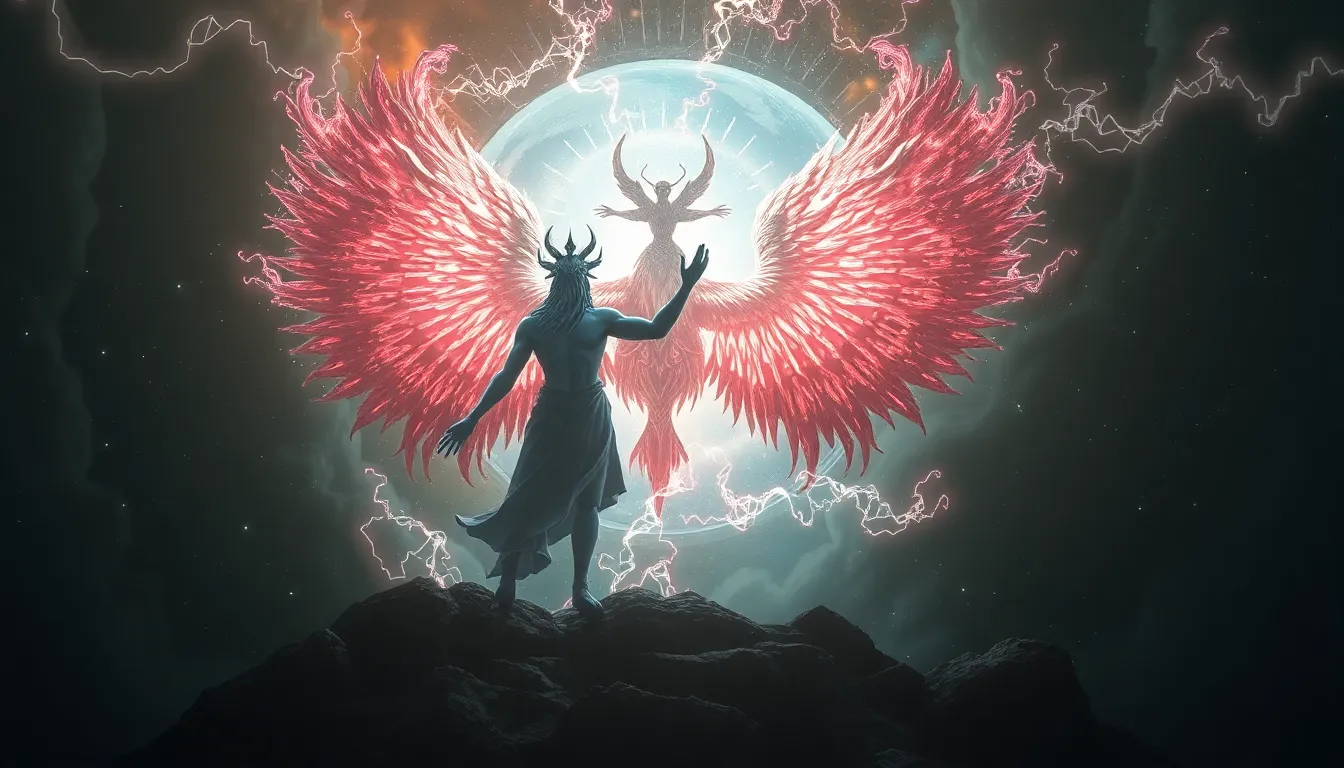The Ghosts of the Haunted Theaters: Exploring the History and Legends
I. Introduction
The world of theater has long been intertwined with tales of the supernatural. Haunted theaters captivate audiences with their eerie stories, blending the realms of performance and the paranormal. From whispers of tragic pasts to chilling ghostly encounters, these spaces hold more than just the memories of performances; they are steeped in legend.
This article delves into the fascinating history of haunted theaters, exploring the allure of ghost stories in these performance spaces. By examining the intersection of history, culture, and the supernatural, we aim to uncover the mysteries that surround some of the world’s most notorious haunted theaters.
II. Historical Significance of Theaters
The evolution of theaters reflects broader cultural trends through the ages. From ancient Greek amphitheaters to modern-day playhouses, theaters have served as vital community hubs, showcasing not only the arts but also societal values and historical narratives.
The cultural importance of theaters cannot be overstated. They have played pivotal roles in shaping public opinion, providing a space for community gathering, and serving as platforms for artistic expression. As these venues age, they accumulate stories—some joyful, some tragic—that contribute to their haunted reputations.
There is a profound connection between history and hauntings. The tragedies of the past often leave an imprint on these locations, leading to tales of spirits lingering in the shadows, forever tied to the places they once graced.
III. Notable Haunted Theaters Around the World
Across the globe, numerous theaters are reputed to be haunted. Here are a few notable examples:
- The Ghost of the Paris Opera House: Perhaps the most famous haunted theater, the Paris Opera House is home to the legendary Phantom of the Opera. Visitors have reported seeing a ghostly figure and hearing unexplained music echoing through the halls.
- The Lyceum Theatre in London: Known for its long history, the Lyceum Theatre is said to be haunted by the ghost of a former stage manager. Staff have recounted chilling experiences, including objects moving on their own and unexplained cold spots.
- The Stanley Hotel Theatre in Colorado: Famous for inspiring Stephen King’s “The Shining,” the Stanley Hotel features a theater that is said to be haunted by its original owner, F.O. Stanley. Guests have reported strange noises and sightings of a man in a top hat.
IV. Common Legends and Folklore
Many haunted theaters are steeped in legends that have been passed down through generations. Some common stories include:
- Stories of tragic performers: Numerous theaters have tales of actors who met untimely ends, their spirits lingering to witness the performances they can no longer partake in.
- Ghostly sightings and encounters: Patrons and staff frequently report seeing apparitions or feeling a presence during late-night rehearsals or performances.
- Urban legends associated with theaters: Many theaters have their own unique urban legends, often revolving around secret passages, cursed props, or mysterious disappearances.
V. The Science Behind Ghostly Experiences
The phenomenon of ghost sightings can often be explained through scientific lenses. Several factors contribute to the perception of hauntings:
- Psychological explanations for ghost sightings: The power of suggestion, emotional states, and even collective beliefs can lead individuals to perceive ghostly encounters.
- Environmental factors contributing to hauntings: Drafts, creaking floors, and acoustic anomalies can create eerie sensations that people interpret as supernatural.
- The role of suggestion and belief: The expectation of encountering a ghost can prime individuals to interpret normal occurrences as paranormal.
VI. Documented Hauntings: Eyewitness Accounts
Eyewitness accounts of hauntings are often the most compelling evidence of the supernatural. These stories come from both theater staff and patrons:
- Personal stories from theater staff and patrons: Many individuals have come forward with their experiences, detailing encounters with spirits during performances or late-night rehearsals.
- Investigations by paranormal teams: Several theaters have invited paranormal researchers to investigate, leading to recorded evidence of unexplained phenomena.
- Notable events and unexplained occurrences: Specific incidents, such as a sudden drop in temperature or inexplicable noises, have been documented in various haunted theaters.
VII. The Impact of Ghost Stories on Theater Culture
Ghost stories have a profound impact on the culture surrounding theater:
- How hauntings influence audience perception: The knowledge of a theater’s haunted reputation can heighten the audience’s experience, adding an element of thrill and suspense.
- Theatrical productions inspired by ghost stories: Many plays and performances draw on local legends, incorporating elements of the supernatural into their narratives.
- The role of ghost tours in theater tourism: Many haunted theaters offer ghost tours, attracting visitors and enhancing the venue’s appeal by connecting history with the supernatural.
VIII. Conclusion
The intersection of history and the supernatural in haunted theaters is a captivating subject that continues to intrigue audiences worldwide. The stories of ghosts and their ties to the past enrich our understanding of these cultural landmarks. The enduring fascination with haunted theaters invites exploration and reflection on the legacies they hold.
As we close this journey into the spectral realm of theater, we encourage readers to explore haunted theaters in their own communities and share their experiences. Whether you believe in ghosts or not, the stories that emerge from these vibrant spaces are sure to ignite your imagination.



